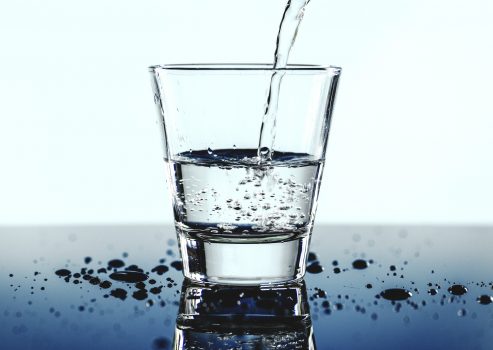Water sustains every life-form on earth. Without water, we won’t survive, so it is a good thing that as a natural resource we have abundant of it. The health benefits of drinking water are innumerable. However, when it comes to drinking water, taking preventive measures are important for the overall well-being of you and your family. This is because even if the tap water is well treated in a municipal treatment facility, it can get contaminated as it travels through the pipes and into our home. Thus, here are 7 tips that can help ensure your drinking water is safe for consumption.
- Know About Your Water Source
By knowing about the water source – groundwater or surface water – you’d be able to treat it effectively. Groundwater, which is water extracted from bore well and tube well generally have a high TDS compared to surface water, which is water from lakes, rivers and reservoirs. Thus, understanding the source of water is the first step to making your drinking water safe.
- Check Your Water Pipes
Old water pipes are typically made out of lead which can leech into your drinking water contaminating it. High levels of lead in water can cause many health issues. So, it is important to check your water pipes to know the type – whether it is lead or copper or PVC or galvanized steel. Checking the water pipes for corrosion is also important as it may cause water wastage through leaks.
- Boiling Water
This has been a tried and tested method for ensuring that the water is safe for drinking. However, here it is important to note that while boiling water may help kill germs to a certain extent, it does have limitations. Boiling water doesn’t remove chemical impurities nor does it remove other dissolved impurities. Thus, while it is an easy method, it is not 100% safe.
- Buy a Water Purifier
The best way to ensure your drinking water is safe is to make use of a home water purification system. They help to not only eliminate micro-organisms but also effectively remove metals and other harmful impurities. They also help improve the taste of the water. Best part, RO and UV water purifiers are a cost-effective and convenient solution that can help treat groundwater and surface water respectively.
- Ensure Your Water Purifier is Well Maintained
To make the most of your home water purifier, ensuring that is well-maintained is important. Regular maintenance will ensure optimum purification at all times. Plus, it will also take care of any drips & leakage and ensure that the membrane is not clogged.
- Get Your Private Wells Checked
For those who make use of well-water for drinking purposes, it is important to get your private well checked at least twice a year. Well-water can easily get contaminated and can cause serious health issues. Thus, if the source of your water for drinking is a well, then investing in an RO water purifier can help ensure that your drinking water is safe.
- Iodine Tablets
This is a portable solution for making your drinking water safe. If your drinking water is acquired from an untreated source, especially while camping, then iodine tablets can help treat the water chemically and kill pathogens (though not all). Making use of this method can have an impact on the taste of the water. However, it is better than drinking contaminated water.
#Conclusion
There are various tips to make your drinking water safe. However, the effectiveness of most of these tips will depend on your water source. Checking your pipes, cleaning private wells and boiling water can help you to control water contamination to a certain extent. But, nothing beats the full water purification that is offered by a home water purifier. Thus, make a well-informed decision, as the consequences of drinking impure water can be fatal.
Recent Posts
- Castor Oil For Better Hair Growth: Is It Myth Or Fact?
- Exploring the Differences Between Sermorelin, Ipamorelin, Ibutamoren, GHRP2, and GHRP6: Understanding Their Role in Human Growth Hormone Regulation
- Unraveling the Mystery: Understanding the Causes and Prognosis of Ventricular Tachycardia Without Apparent Heart Disease
- Understanding Grandparents’ Rights in Oklahoma: Navigating Visitation and Legal Protections
- 10 Reasons to Consider Hypnotherapy for Your Health

